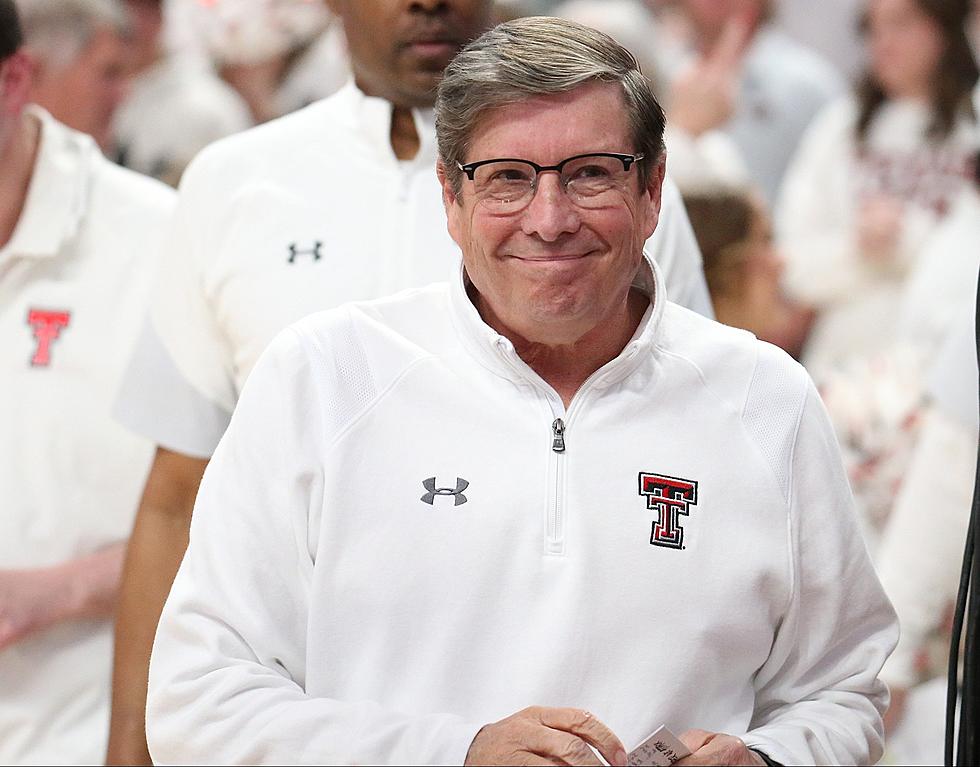
Big 12 Conference Sends Cease & Desist to ESPN Alleging ‘Tortious Interference’ Concerning Conference Realignment
The latest twist in the ongoing conference realignment saga for Division I NCAA football is something that can be said was 'unforeseen'.
Wednesday afternoon, Big 12 Conference Commissioner Bob Bowlsby told multiple media outlets that the Big 12 sent a Cease & Desist to ESPN concerning their conduct in this latest round of conference realignment.
Bowlsby said that ESPN has committed "tortious interference" against the Big 12 Conference and is working in concert with another FBS conference to cause the demise of the Big 12. CBS Sports later reported that the American Athletic Conference (AAC) is who Bowlsby is referring to. The AAC attempted to entice three to five schools to leave the Big 12, according to CBS Sports.
Bowlsby's comments were mainly made to reporters with The Athletic, CBS Sports and the Associated Press.
Earlier this week, both Texas and Oklahoma co-signed a letter seeking admission into the Southeastern Conference, starting July 1, 2025.
Part of the complexity with the Big 12 Conference's broadcast agreements are the Grant of Rights, which saw all 10 teams grant their First Tier and Second Tier rights to the conference through the 2024-2025 athletic year. Third Tier rights are still retained by each individual school in the Big 12, and that is how ESPN's Longhorn Network was created last decade.
Bowlsby went on to explain to CBS Sports how the AAC allegedly worked in concert with ESPN to destabilize the Big 12:
"I have every expectation that Oklahoma and Texas will do whatever they can to not meet their [contractual] obligations. That's what they've done so far. ... One of the ways the two schools and ESPN will seek to absolve themselves of the obligation is to destabilize the league and cause an implosion of the other eight members.
"I am absolutely certain ESPN employees have discussed and provided incentives for at least one conference to raid 3-5 members from the Big 12. In doing so, they are prepared to reward them with future television proceeds. If the conference goes away as an entity, Oklahoma and Texas could be relieved from their exit obligations. Those obligations at this time would include the payment of $70M to $80M -- two years full revenue -- per school and leaving their media rights with the Big 12," said Bowlsby.
Meanwhile, ESPN's public response to Bowlsby's letter was just one sentence, "The claims in the letter have no merit."
Thursday, the Chancellors and Presidents of the current 14 SEC schools are scheduled to vote on whether or not to extend formal invitations for Texas and Oklahoma to join the conference. The invites are expected to be granted unanimously.

12 Random Masked Rider Facts
LOOK: Here is the richest town in each state
LOOK: Here are the 50 best beach towns in America
More From 1025 KISS FM








